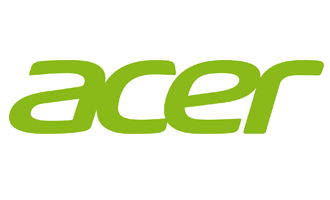 Last week Acer held its annual shareholder bash in Taiwan, which was marked by a strange mix of optimism and admissions that the company was unprepared for the boom in tablets. Acer chairman Wang Jeng-tang issued an apology to shareholders, as he failed to boost the company’s shares, but he reiterated Acer’s commitment to the traditional PC market.
Last week Acer held its annual shareholder bash in Taiwan, which was marked by a strange mix of optimism and admissions that the company was unprepared for the boom in tablets. Acer chairman Wang Jeng-tang issued an apology to shareholders, as he failed to boost the company’s shares, but he reiterated Acer’s commitment to the traditional PC market.
He stressed that PCs can’t be replaced by gadgets, as they can provide much higher productivity than anything else out there. Wang said the company would not “retreat” from the desktop and laptop markets, despite the rise of smartphones and tablets. He added that Acer’s good days are coming.
Analysts aren’t convinced. Fubon Securities analyst Arthur Liao told the Taipei Times that Microsoft is also struggling to survive the shocks, yet Acer has no choice but to follow in Microsoft’s footsteps and do more of the same – launch more notebooks and desktops based on Windows 8.
“Acer needs to hire more software engineers for its research and development unit, and the firm’s priority should be writing code for Google Inc’s Android mobile operating system, which powers tablets and smartphones,” Liao said. “It’s time for Acer to change its mindset”.
Liao has a point. Lenovo is becoming a force to be reckoned with in the incredibly competitive Chinese smartphone market, Asus is turning into the world’s top maker of Android tablets, while Dell and HP are shifting their focus to servers and enterprise kit. Acer doesn’t appear to be doing nearly as much to diversify and lessen its reliance on its core business.
First Capital Management analyst Rick Yu offered a more optimistic view. He reckons Acer’s decision to bet the farm on Windows 8 is justified, as Microsoft will stop supporting Windows XP next year. This should reinvigorate the enterprise market, as companies ditch ancient XP boxes in favour of Windows 8.1 gear.
Still, when the industry is pinning its hopes on the death of a teenage operating system to stop the tailspin, we don’t see much room for optimism.





